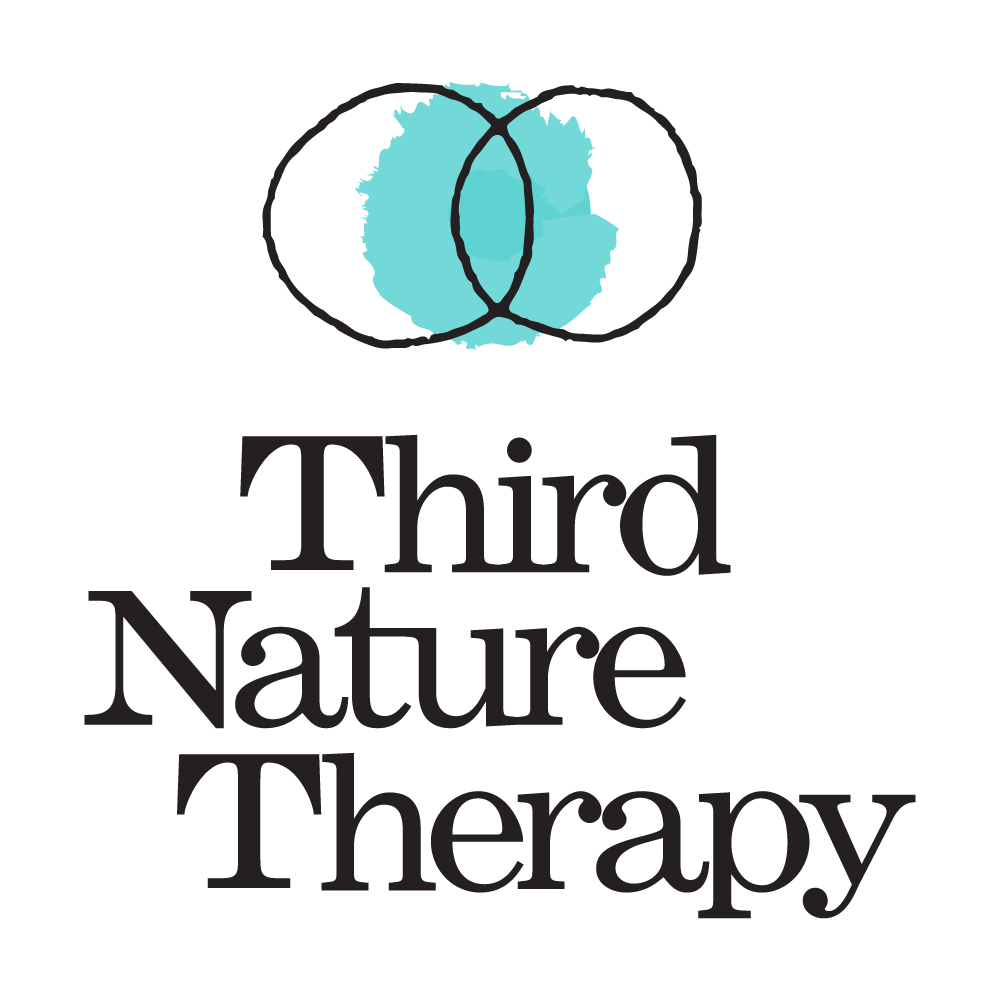What Is Trauma? The Different Types and Treatments Explained
Trauma is a word that gets thrown around a lot, but what does it really mean? When we talk about trauma, we’re referring to experiences that deeply affect our emotional and psychological well-being. It’s not just about physical injuries; it’s about the scars that aren’t always visible. In this article, we’ll delve into the various types of trauma and explore the treatments available for healing.
Types of Trauma
Acute Trauma
This type of trauma occurs as a result of a single event that is stressful or dangerous, such as an accident, natural disaster, or assault. It can lead to symptoms like shock, disbelief, and emotional numbness immediately following the event.
Chronic Trauma
Chronic trauma involves exposure over a period of time to stressful or traumatic situations, such as ongoing abuse, neglect, or living in a war zone. Individuals experiencing chronic trauma may develop symptoms like anxiety, depression, and difficulty trusting others.
Complex Trauma
Complex trauma arises from repeated exposure to multiple traumatic events, often in childhood, such as physical or sexual abuse, domestic violence, or neglect. It can result in significant emotional dysregulation, difficulties with relationships, and disruptions in self-identity.
Secondary Trauma
Also known as vicarious trauma, this type of trauma occurs when individuals are exposed to the traumatic experiences of others, such as healthcare professionals, first responders, or caregivers. It can lead to symptoms similar to those experienced by individuals directly impacted by trauma, including intrusive thoughts, emotional numbing, and feelings of helplessness.
Treatment Approaches
Therapy
One of the most common and effective treatments for trauma is therapy. Different therapeutic approaches, such as eye movement desensitization and reprocessing (EMDR), cognitive-behavioral therapy (CBT), and dialectical behavior therapy (DBT), are often used to help individuals process traumatic experiences, challenge negative beliefs, and develop coping strategies.
Medication
In some cases, medication may be prescribed to help alleviate symptoms of trauma, such as depression, anxiety, or insomnia. Antidepressants, anti-anxiety medications, and sleep aids are among the medications commonly used in the treatment of trauma-related disorders. There is still a stigma surrounding mental health medications, but we encourage you to set the judgment aside and choose to do what you and your doctor feel is right for you.
Mindfulness and Relaxation Techniques
Practicing mindfulness, meditation, deep breathing exercises, and progressive muscle relaxation can help individuals manage trauma symptoms by promoting relaxation, reducing stress, and increasing self-awareness.
Support Groups
Participating in support groups or group therapy sessions can provide individuals with a sense of connection, validation, and support from others who have experienced similar trauma. It cannot be overstated how impactful, empowering, and healing sharing experiences and coping strategies in a supportive environment can be.
Lifestyle Changes
Engaging in regular physical activity, maintaining a healthy diet, getting enough sleep, and avoiding alcohol and drugs can all contribute to better mental health and resilience in the face of trauma. Additionally, separating yourself from the individuals or environments that are responsible for the trauma can give you some much-needed space and clarity to begin healing.
—
It’s important to remember that healing from trauma is a journey. What works for one person may not work for another. It’s okay to explore different treatment options to discover what feels right for you. Seeking support from qualified professionals and loved ones can make a world of difference in the healing process.
Trauma comes in many forms, and its effects can be profound and long-lasting. However, with the right support and treatment, it is possible to heal and reclaim your life. Whether you’re grappling with acute trauma, chronic trauma, or any other type of trauma, know that you are not alone, and there is hope for a brighter tomorrow.
Reach out to Third Nature Therapy to get professional help from a licensed mental health therapist to guide you through your healing. Take the first step toward healing today with trauma therapy.

